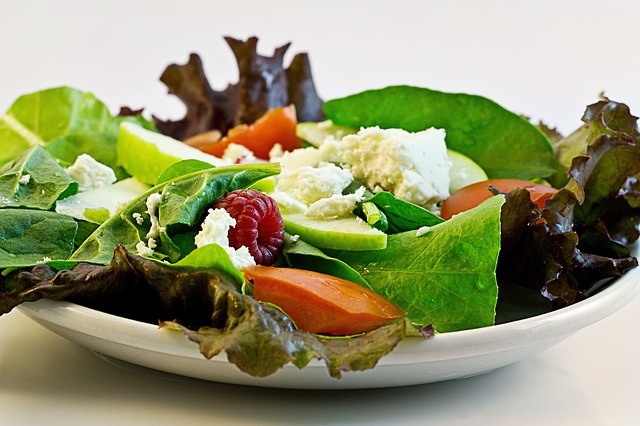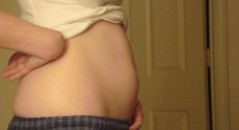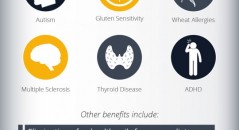A four year project conducted by the Loma Linda University Medical School revealed that vegetarians have lower sperm counts compared to meat eaters. The study, which was a part of a residency program project, was presented in the 2014 American Society of Reproductive Medicine (ASRM) held in Hawaii last October 18 to 22.
Part of the project is Loma Linda obstetrician, Dr. Eliza Orzylowska. According to Dr. Orzylowska, there is a strong link between vegan and vegetarian diets and low sperm counts. Both diets are said to affect the sperm’s quality and quantity.
The Study
The study was conducted in Loma Linda University in Southern California. The region heavily populated with Seventh Day Adventists who practice vegetarianism. Based on their belief, meat is impure; therefore, they remain strict vegetarians.
The study involved 443 non-vegetarians, five vegans and 26 vegetarians. Each of the participants was made to drop off semen samples to the client and specify in the checklist whether they follow a non-vegetarian, vegetarian or vegan diet.
Researchers found that vegetarian and vegan eaters only have an average of 50 million per milliliter sperm count. On the other hand, meat eaters have an average of 70 million per milliliter sperm count.
In addition, sperm motility for non-meat eaters is only 33 percent, whereas, meat eaters have a sperm motility of 58 percent. Although the figures are lower, the researchers made it clear that is still within normal ranges.
The Theory Behind the Low Sperm Count
According to Dr. Orzylowska, the lower sperm counts in people who follow vegetarian or vegan diets does not really signify infertility. However, it can be a cause of worry for couples who are attempting to get pregnant.
One theory that they have is the increased intake of soy in their diet. Most vegetarians and vegans replace meat with soy. However, soy contains phytoestrogens, which is identical to the female hormone estrogen. This can pose as a problem for children exposed in this type of diet until puberty and even into adulthood.
For couples who want to have a baby, researchers advise that males should stay away from soy at least 74 days before, to give time for new sperms to replace old ones.
Another factor which can affect sperm count is vitamin B12 deficiency. The lack of this vitamin can affect the sperm’s nutrition, thus, impacting their production.
Pesticides Affect Fertility
A separate study conducted by a research team from Harvard University links fertility problems with increased intake of pesticides from fresh fruits and vegetables.
According to research author Dr. Jorge Chavarro, males who consume large amounts of fruits and vegetables with high pesticide content have 70% lower sperm count and 68% lower sperm motility compared to those who consume fruit and vegetable on an average.
Although fruits and vegetables are rich in anti-oxidants, vitamins and minerals, the high amount of pesticides can severely impact and can cause negative effects to the body. Among those considered high in pesticide content is celery. Meanwhile, avocado rated the lowest in pesticide content.
Photo credit: stevepb on Pixabay







